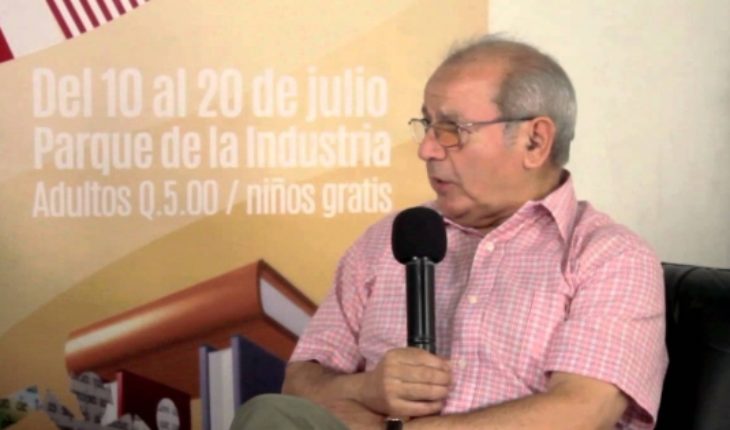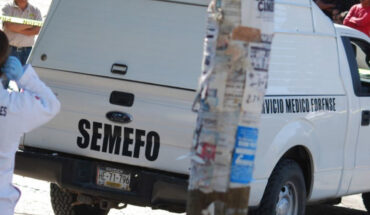The writer Rubén González Lefno has released his new book, “The Devil on Foot and Other Stories” (Eutopy Ediciones).
With this work, the author completes a saga that has the mountain as a preferred setting, especially the precordillera of southern Chile, with texts such as “Commander Pepe” and “The rest were the trees and the wind”.
These tales have their genesis on the stage of the precordillera, whose characters and events are organized around history and especially around the imaginary associated with that scenario.
“Perhaps what should be noted is that several of the tales arise from facts that – having some history – have become legends in the imaginary of the inhabitants of the mountain, and have been expanding beyond the place and the tie where the events took place,” he says.
The author, in his creative process, works with these materials in order to put together literary fiction.
– Have all the stories of the recent history of the precordillera been told or are there still many stories to be known?
– I believe that a site of enormous historical and social wealth, such as the precordillera and the Panguipulli Wood Forest Complex, is hardly depleted. Personally I have developed my literary work managing to publish stories and novels related to it. And I have no doubt that there are multiple situations that give and give life to literary creations also of other authors, in addition to what has also been done in other genres, such as audiovisual, without forgetting the numerous journalistic reports and university thesis developed around the history of the mountain.
– What is the current resignificance of these stories in the context we live in today?
– Each historical moment has its own expressions. And in that respect we can see that the new generations pick up on issues that were raised decades ago. And if anything illustrates what I point out are two examples: on the one hand in the city of Panguipulli, in one of the demonstrations made by those who have mobilized since October 18, there were placements of new names of some streets, such as that of Gregorio Liendo. And another case was at the beginning of this historical situation in the town of Puerto Fuy, where there were actions to recover the right to access the beaches of Lake Pirehueico, when some fences, which for dozens of years prevented such access, were knocked down by neighbors of the place.
But I must stress that in this case stories are incorporated with various protagonists: children with their gaze and prominence in the situations experienced, and also – in addition to some stories referring to the darker situations of what happened on the mountain – there are others in which comic situations predominate, because humor has always been part of life in those places.
– What are your expectations of this book?
– A newly published book – at least in my case – demands the work of spreading it. And the first expectation lies precisely in the willingness that can be achieved in different spaces to reach different audiences, whose experiences as readers are always varied: students and adults in different localities and schools. And also try to bring the stories of the book to those who reside in the area that serves as the setting for each story: the inhabitants of the pre-mountain range.
– Any other projects in folder?
– There are several. From resuming a work with another subject that is waiting and likely to be transformed into a novel, to some stories, including the very preliminary intention of dabbling in the child story.
I must also add that national literature needs to have new facets of the history of the area incorporated, treated from fiction, enriching and expanding the territory of the Chilean narrative, by collecting and translating other aspects that make up the literary material existing in our region, in which I have been able to investigate for decades, through written documents, field visits and, especially, in living sources, overcoming the historical-social realm to prioritize the territory of literature.





